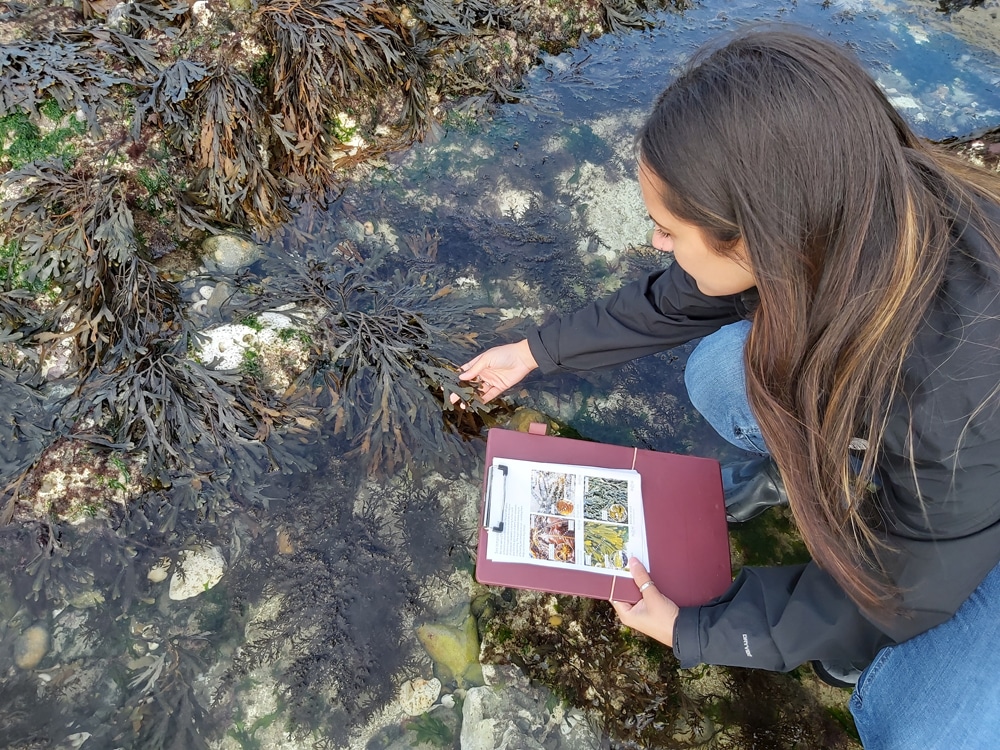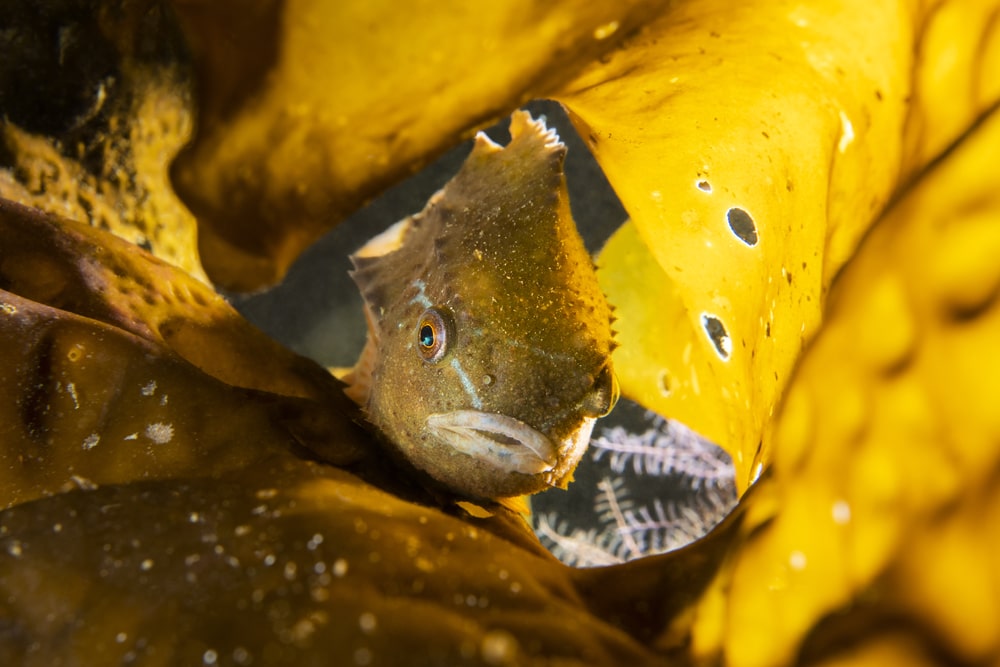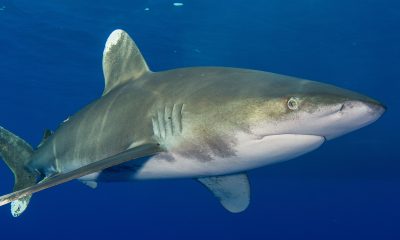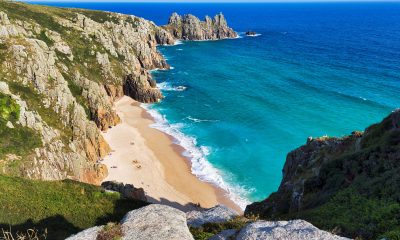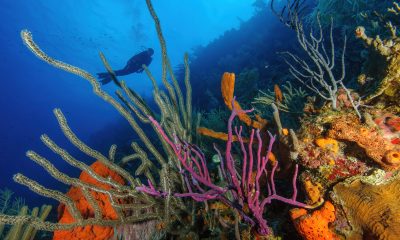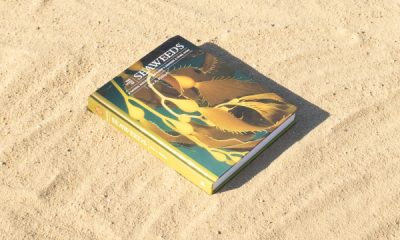Marine Life & Conservation
Marine Conservation Society & Natural History Museum launch first Big Seaweed Search Week
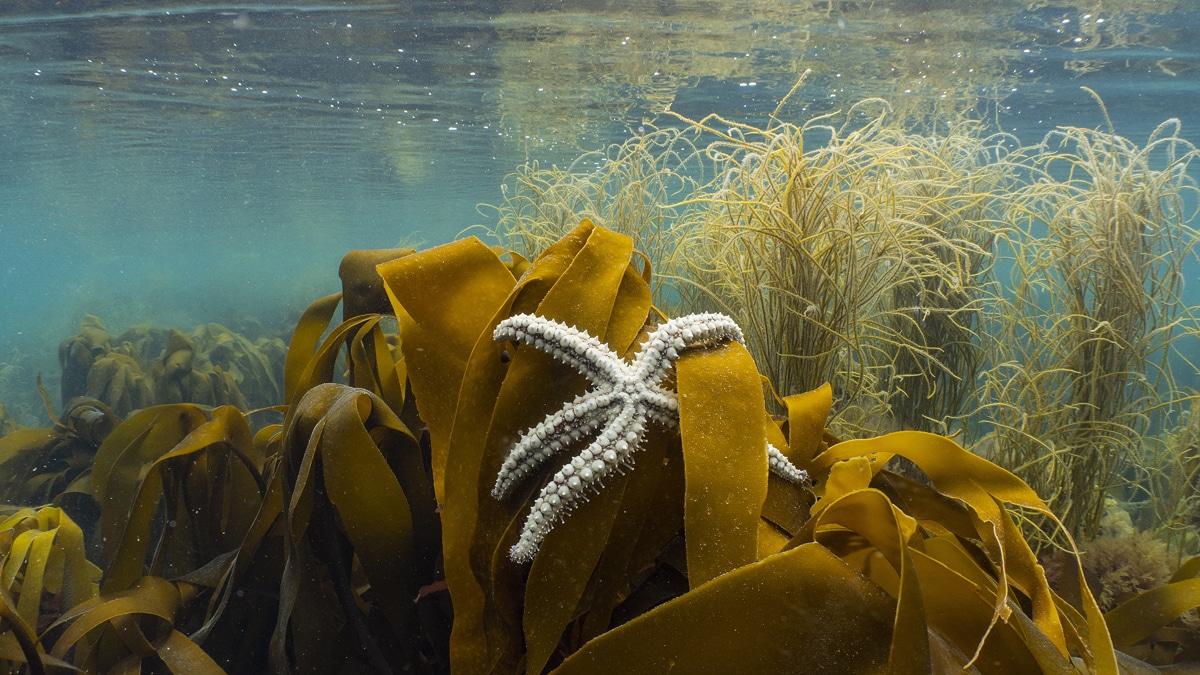
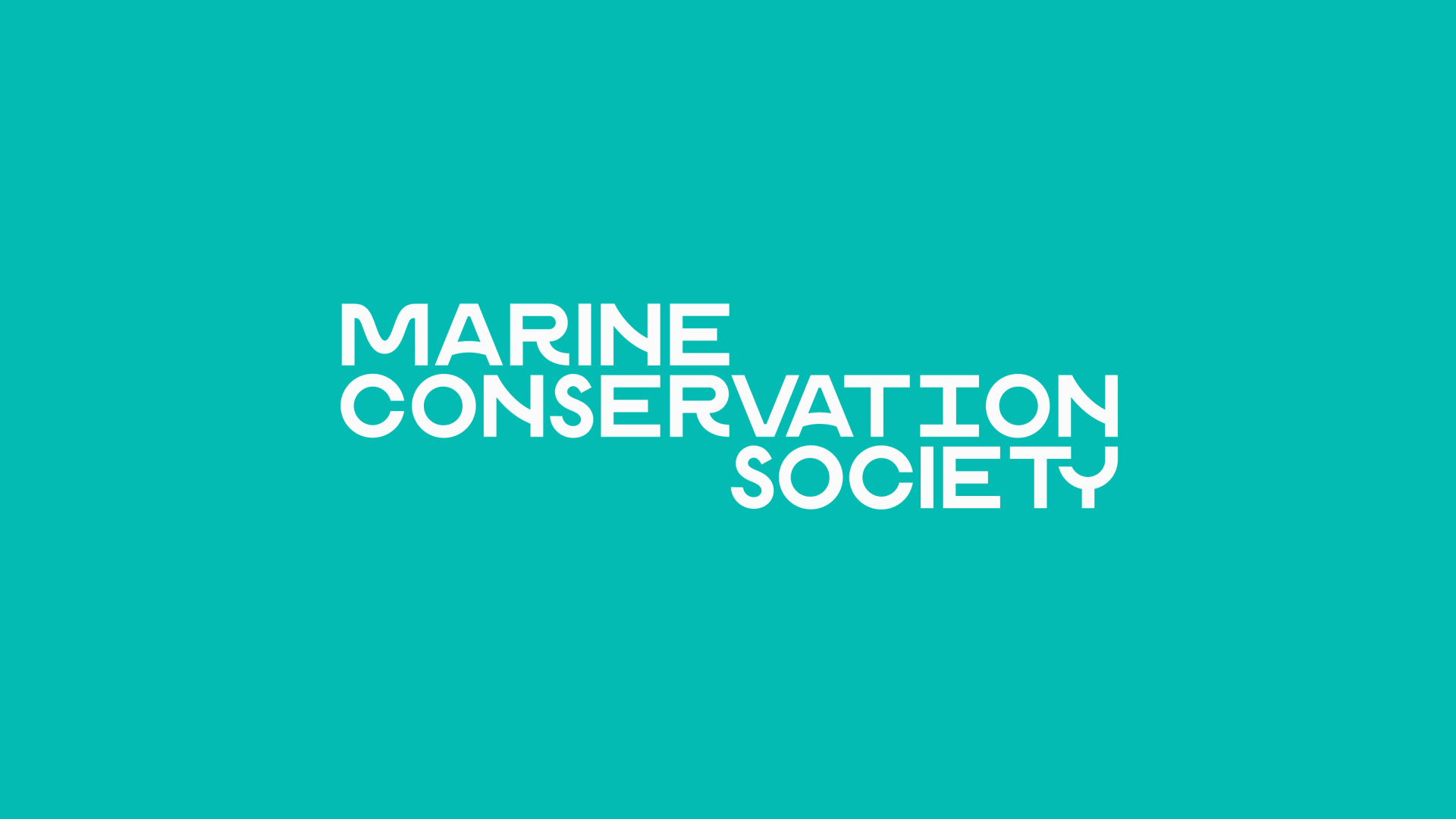 There are over 650 species of seaweed found around the UK. From dabberlocks to bladder wrack and sugar kelp, each seaweed plays a vital role in supporting the health of our seas, and the planet.
There are over 650 species of seaweed found around the UK. From dabberlocks to bladder wrack and sugar kelp, each seaweed plays a vital role in supporting the health of our seas, and the planet.
From 26th July – 1st August 2021, the Marine Conservation Society and Natural History Museum will be asking people across the UK to get involved and spot seaweed at the seaside as part of Big Seaweed Search Week.
The Big Seaweed Search equips beachgoers with the knowledge to identify 14 of the most common types of seaweed found at the UK seaside. This vital information is then shared with the Natural History Museum and Marine Conservation Society, who use the data to inform research on how the presence of different seaweed has changed over time due to environmental factors such as climate change.
Professor Juliet Brodie, Merit Researcher at the Natural History Museum and Big Seaweed Search: “By taking part in Big Seaweed Search Week you’ll be helping to contribute to our ongoing scientific research into seaweeds.
“As climate change affects our seas, we’re seeing temperature increases, sea level rise and the impact of ocean acidification. These changes can affect the distribution of different seaweed species around the UK coastline. For example, dabberlocks, a large brown seaweed, is declining in abundance around our coasts, and the number of non-native species in the seaweed flora is increasing year on year. By mapping where different seaweed species are, we can create a baseline from which to determine the impact of environmental changes on our seas.”
Some of the most common and best known seaweeds are brown seaweeds: bladder wrack, with distinctive air-filled bladders and spiral wrack, which often has a spiral twist. Also easily identified is sugar kelp, which has a tough, elongated strap-shaped frond that has a crinkled, dimpled or ruffled surface. Kelps are cold water species, and form kelp forests in many parts of the world’s seas.
Not only are seaweeds a great source of nutrients and energy for animals such as crabs and sea urchins, but they also create critical habitats for other species, acting as nurseries for young fish and places where other sea creatures can take cover from predators.
Seaweeds such as kelp are also vital ‘blue carbon’ stores, absorbing carbon from the water and atmosphere just like forests on land. The storage of blue carbon can be in the plants themselves, like seaweed and seagrass; in the seafloor sediment where plants are rooted; or even in the animals which live in the water, including seabirds, fish and larger mammals. Unfortunately, 38% of kelp populations are reported to be declining around the world, limiting ocean ecosystems’ abilities to absorb carbon and fight the climate crisis.
Justine Millard, Head of Volunteer and Community Engagement at the Marine Conservation Society:“We’re hoping lots of people will join Big Seaweed Search Week this year as they head to the coast. We want people across the UK to learn about the wonders of seaweed, spread the word, and help us collect vital information which will support our ongoing research.”
The Natural History Museum and Marine Conservation Society have developed a helpful guide, highlighting key features of the different seaweeds likely to be spotted by the seaside.
To get involved, just complete the simple survey on a mobile, tablet or computer which can be carried out as an individual or in groups.
Register to take part and download the guide and recording form at www.bigseaweedsearch.org
- Choose your 5 m of coastline to survey
- Fill in your survey form
- Take LOTS of clear, close-up photographs for your survey to be accepted
- Submit your survey through bigseaweedsearch.org
- Don’t forget to upload your photographs when you submit your survey
You can visit the Big Seaweed Search website for all the information you’ll need to get started.
Header Image: Spiny starfish up on kelp by Paul Naylor
Marine Life & Conservation
Double Bubble for Basking Sharks

 The Shark Trust is excited to announce that, for two more days only, all donations, large or small, will be doubled in the Big Give Green Match Fund!
The Shark Trust is excited to announce that, for two more days only, all donations, large or small, will be doubled in the Big Give Green Match Fund!
Donate to Basking in Nature: Sighting Giants
The Shark Trust is hoping to raise £10k which will be doubled to £20k. This will go towards Basking in Nature: Sighting Giants. And they need YOUR help to reach they’re goal.
The Shark Trust’s citizen science project is to monitor and assess basking sharks through sightings; encouraging data collection, community engagement, and promoting nature accessibility. This initiative aims to enhance health and wellbeing by fostering a deeper connection with British Sharks.
Campaign Aims
- Increase citizen science reporting of Basking Sharks and other shark sightings to help inform shark and ray conservation.
- Provide educational talks about the diverse range of sharks and rays in British waters and accessible identification guides!
- Create engaging and fun information panels on how to ID the amazing sharks and rays we have on our doorstep! These can be used on coastal paths around the Southwest. With activities and information on how you can make a difference for sharks and rays!
- Promote mental wellbeing through increasing time in nature and discovering the wonders beneath the waves!
Donate, and double your impact. Click Here
Marine Life & Conservation
Leading UK-based shark conservation charity, the Shark Trust, is delighted to announce tour operator Diverse Travel as a Corporate Patron

 Corporate Patrons provide a valuable boost to the work of The Shark Trust. The Trust team works globally to safeguard the future of sharks, and their close cousins, the skates and rays, engaging with a global network of scientists, policymakers, conservation professionals, businesses and supporters to further shark conservation.
Corporate Patrons provide a valuable boost to the work of The Shark Trust. The Trust team works globally to safeguard the future of sharks, and their close cousins, the skates and rays, engaging with a global network of scientists, policymakers, conservation professionals, businesses and supporters to further shark conservation.
Specialist tour operator Diverse Travel has operated since 2014 and is committed to offering its guests high quality, sustainable scuba diving holidays worldwide. Working together with the Shark Trust will enable both organisations to widen engagement and encourage divers and snorkellers to actively get involved in shark conservation.
“Sharks are truly at the heart of every diver and at Diverse Travel, we absolutely share that passion. There is nothing like seeing a shark in the wild – it’s a moment that stays with you forever!” says Holly Bredin, Sales & Marketing Manager, Diverse Travel.
“We’re delighted to celebrate our 10th year of business by becoming a Corporate Patron of the Shark Trust. This is an exciting partnership for Diverse and our guests. We will be donating on behalf of every person who books a holiday with us to contribute towards their vital shark conservation initiatives around the world. We will also be working together with the Trust to inspire divers, snorkellers and other travellers to take an active role – at home and abroad – in citizen science projects and other activities.”
Paul Cox, CEO of The Shark Trust, said:
“It’s an exciting partnership and we’re thrilled to be working with Diverse Travel to enable more divers and travellers to get involved with sharks and shark conservation. Sharks face considerable conservation challenges but, through collaboration and collective action, we can secure a brighter future for sharks and their ocean home. This new partnership takes us one more valuable step towards that goal.”
For more information about the Shark Trust visit their website here.
For more about Diverse Travel click here.
-

 News3 months ago
News3 months agoHone your underwater photography skills with Alphamarine Photography at Red Sea Diving Safari in March
-

 News3 months ago
News3 months agoCapturing Critters in Lembeh Underwater Photography Workshop 2024: Event Roundup
-

 Marine Life & Conservation Blogs3 months ago
Marine Life & Conservation Blogs3 months agoCreature Feature: Swell Sharks
-

 Blogs2 months ago
Blogs2 months agoMurex Resorts: Passport to Paradise!
-

 Blogs2 months ago
Blogs2 months agoDiver Discovering Whale Skeletons Beneath Ice Judged World’s Best Underwater Photograph
-

 Gear Reviews2 weeks ago
Gear Reviews2 weeks agoGEAR REVIEW – Revolutionising Diving Comfort: The Sharkskin T2 Chillproof Suit
-

 Gear Reviews3 months ago
Gear Reviews3 months agoGear Review: Oceanic+ Dive Housing for iPhone
-

 Marine Life & Conservation2 months ago
Marine Life & Conservation2 months agoSave the Manatee Club launches brand new webcams at Silver Springs State Park, Florida


